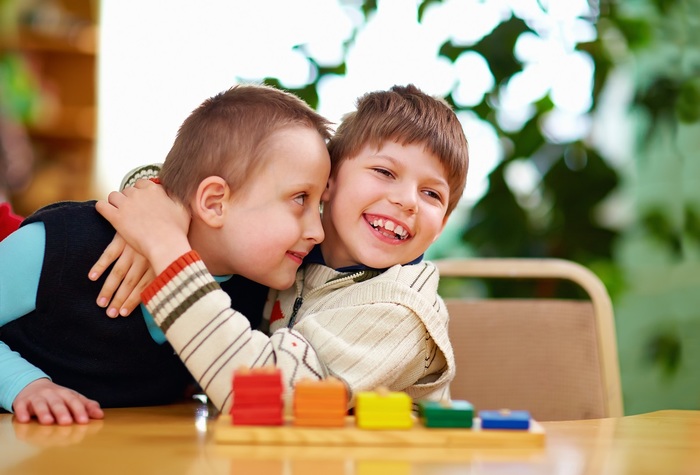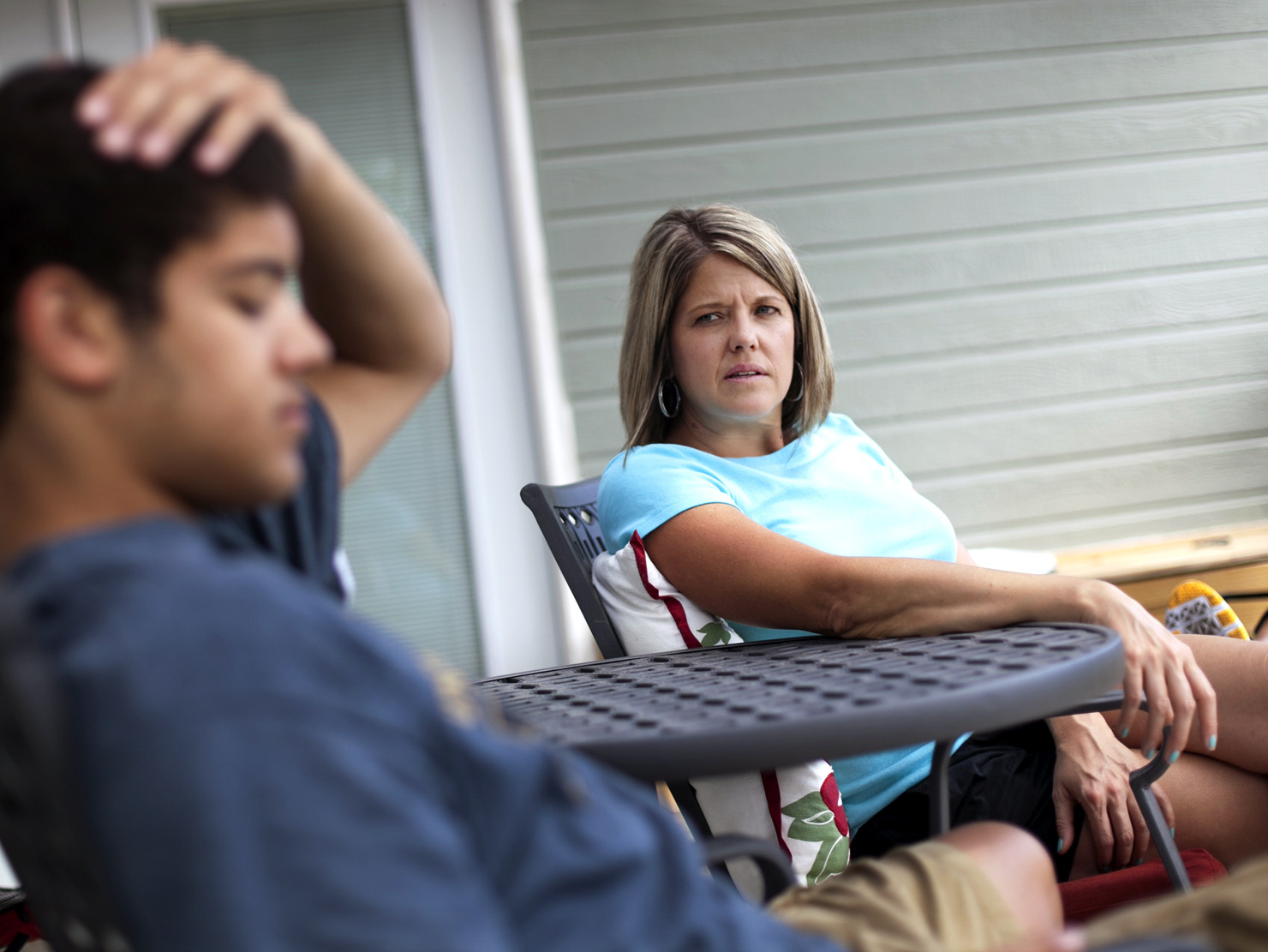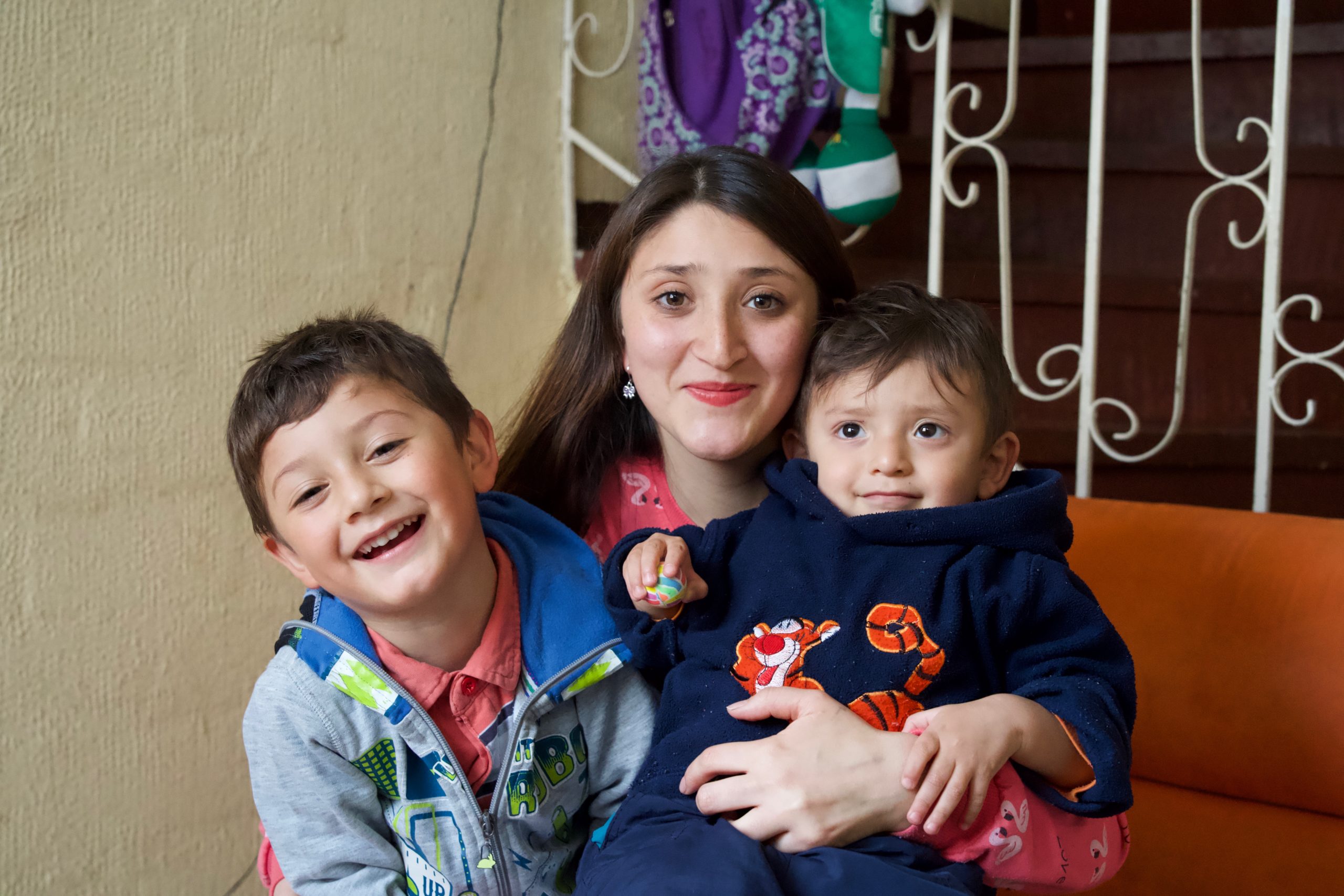Three Tips to Boost Your Special Needs Childs Friendships
To boost your special needs child’s friendships, start by understanding their unique needs and preferences. Support them in guiding social interactions and help build their confidence through emotional regulation. Encourage positive social interactions by developing their social skills aligned with their interests and teaching appropriate behaviors. Create inclusive play opportunities tailored to their interests to nurture friendships. Building communication skills is essential, so focus on practicing different techniques and seeking professional support if needed. Remember, fostering friendships requires patience and understanding, but the effort will lead to meaningful connections and positive experiences for your child.
Key Takeaways
- Understand your child’s unique needs and preferences to foster friendships effectively.
- Encourage social interactions through activities aligned with their interests.
- Teach appropriate social behaviors to enhance interactions with peers.
- Build communication skills through role-playing and speech therapy techniques.
- Seek support from professionals like therapists and parent coaches for specialized guidance.
Understanding Your Child’s Needs
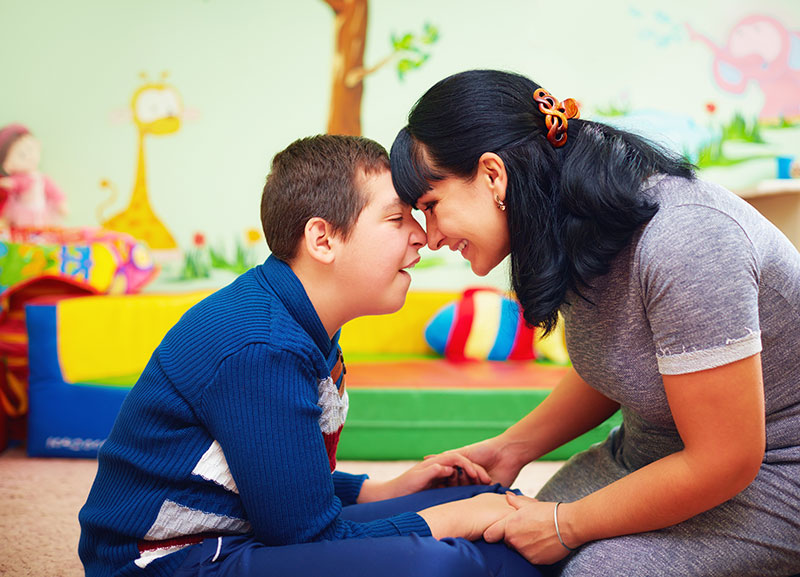
To begin fostering meaningful friendships for your special needs child, have you taken the time to truly understand their unique needs and preferences? As a parent, providing essential support is vital in helping your child navigate social interactions. By understanding your child’s cues and preferences, you can create a safe and nurturing environment where they feel comfortable expressing themselves.
Emotional regulation plays a significant role in building confidence for your special needs child. Helping them identify and manage their emotions effectively can empower them to engage more confidently in social situations. Encourage open communication and provide tools for self-regulation to support their emotional well-being.
Additionally, parental support is essential in assisting your child in recognizing their strengths and areas where they may need extra help. By acknowledging and celebrating their accomplishments, you can boost their self-esteem and foster a positive self-image.
Understanding your child’s needs is the foundation for creating a supportive environment that nurtures their social development and paves the way for meaningful friendships.
Encouraging Social Interactions
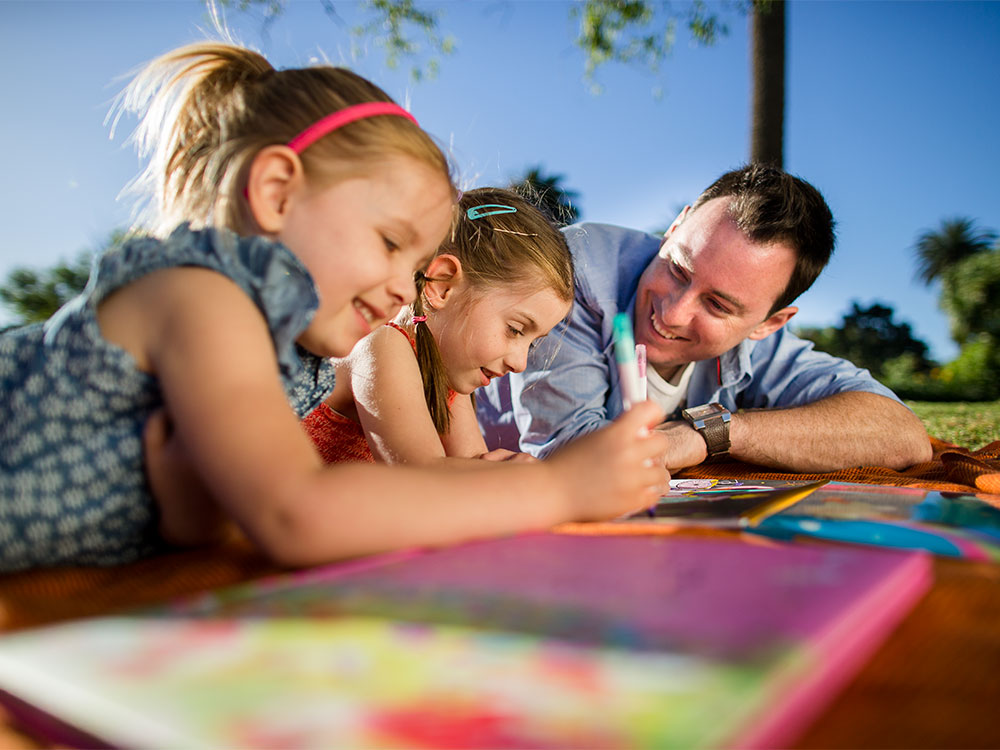
Understanding your child’s needs is the first step in encouraging social interactions that can positively impact their friendships.
Developing social skills is essential for your child to navigate peer relationships successfully. Encouraging your child to engage in activities that align with their interests can help boost their confidence and social interactions.
Supporting your child in learning appropriate social behaviors, such as taking turns, active listening, and understanding personal space, can enhance their interactions with peers. Providing opportunities for your child to practice these skills in a safe and supportive environment is key to fostering positive peer relationships.
Additionally, teaching your child how to communicate their feelings effectively can aid in resolving conflicts and strengthening friendships. Encouraging open dialogue and empathy can help your child develop meaningful connections with their peers.
Creating Inclusive Play Opportunities
Enhance your child’s social interactions by creating inclusive play opportunities that cater to their unique needs and encourage meaningful connections with peers.
Playdate planning is a great way to foster friendships in a comfortable setting. When organizing playdates, consider activities that your child enjoys and that promote interaction with others. This could be a trip to the park, a craft session, or a game night. By tailoring the playdate to your child’s interests, you’re setting the stage for positive social experiences.
Community involvement is another excellent avenue to create inclusive play opportunities for your child. Look for local events, clubs, or sports teams that are inclusive and welcoming to children with special needs.
Participating in community activities not only provides your child with a chance to engage with peers but also helps them feel like a valued member of the community.
Building Communication Skills

As your child engages in inclusive play opportunities, focusing on building their communication skills can further enhance their social interactions and connections with peers. Role playing scenarios can be a valuable tool in helping your child practice different communication techniques in a safe and supportive environment. Encourage them to take on different roles and practice initiating conversations, expressing emotions, and taking turns speaking.
Additionally, incorporating speech therapy techniques into your child’s daily routine can greatly benefit their communication development. Work with a speech therapist to identify specific areas of improvement and practice exercises at home to reinforce these skills. For example, practicing articulation exercises or using visual aids can help improve your child’s ability to communicate effectively.
Seeking Support From Professionals
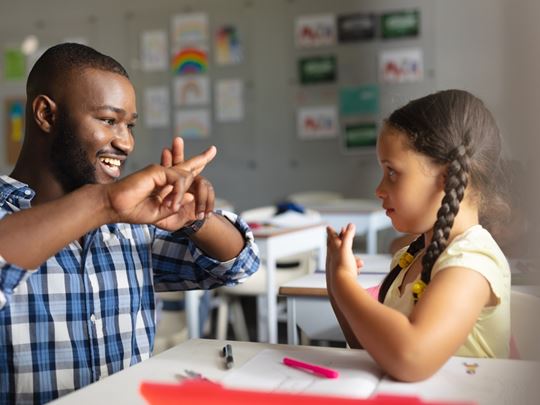
Seeking support from professionals can provide valuable guidance and resources to help navigate your special needs child’s social development journey. Therapy resources offer targeted interventions to address specific social challenges your child may face. These resources can include speech therapy to enhance communication skills, occupational therapy to improve sensory processing, or social skills therapy to foster meaningful connections with peers.
Additionally, parent coaching can equip you with the tools and strategies needed to support your child effectively. Through parent coaching, you can learn how to create a supportive environment at home, reinforce positive social behaviors, and advocate for your child’s needs within educational and community settings.
This guidance can empower you to navigate social situations with confidence and help your child build lasting friendships.
Frequently Asked Questions
How Can I Help My Child Deal With Bullying or Teasing?
When bullying or teasing occurs, you can help your child by building resilience through open conversations, providing a safe space to express feelings, and promoting empathy by teaching kindness and understanding towards others’ differences.
What Are Some Ways to Navigate Playdates With Neurotypical Children?
When planning playdates with neurotypical children, focus on inclusive activities that cater to everyone’s interests. Use clear communication strategies to set expectations and promote smooth interactions. Embrace understanding and patience to foster positive relationships for your child.
Should I Disclose My Child’s Special Needs to Other Parents?
You may have parental concerns about disclosing your child’s special needs to other parents. Understandably, social stigma can be intimidating. However, sharing information can foster understanding and support, paving the way for meaningful connections.
How Can I Encourage My Child to Express Their Feelings Effectively?
Encouraging your child to express their feelings effectively is essential. Help them understand emotions, practice deep breathing for emotion regulation, and role-play different scenarios to improve communication skills. By supporting them, you foster growth.
What Resources Are Available for Parents of Special Needs Children?
You can find support groups and workshops for parents of special needs children to connect with others facing similar challenges. Online communities and counseling can offer guidance and understanding as you navigate this journey.
Conclusion
Remember, building friendships for your special needs child may take time and effort, but it’s well worth it. By understanding their needs, encouraging social interactions, creating inclusive play opportunities, and building communication skills, you’re setting them up for success.
Don’t forget to seek support from professionals who can offer guidance and resources. With your love and support, your child can develop meaningful friendships that will enrich their lives.
You’re doing a great job!

Chad Adan Kace, a young dad from Vermont, shares his parenting journey with a touch of humor and lots of love. Father to a lively baby, he explores the joys and challenges of fatherhood through his stories.

